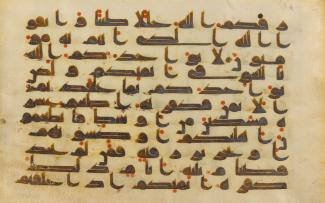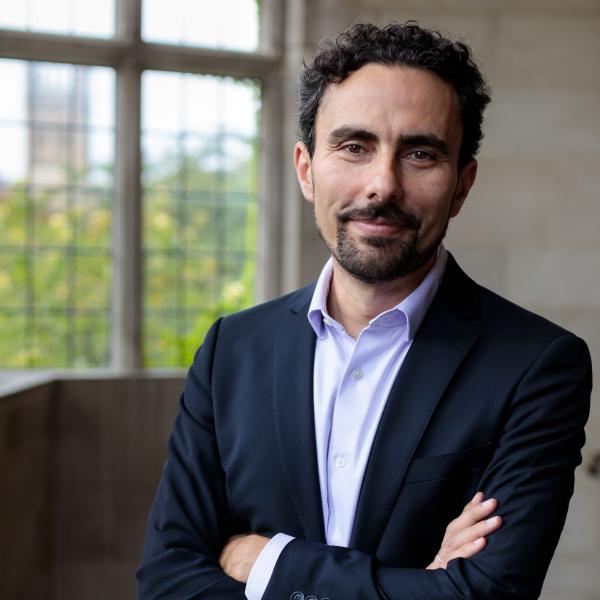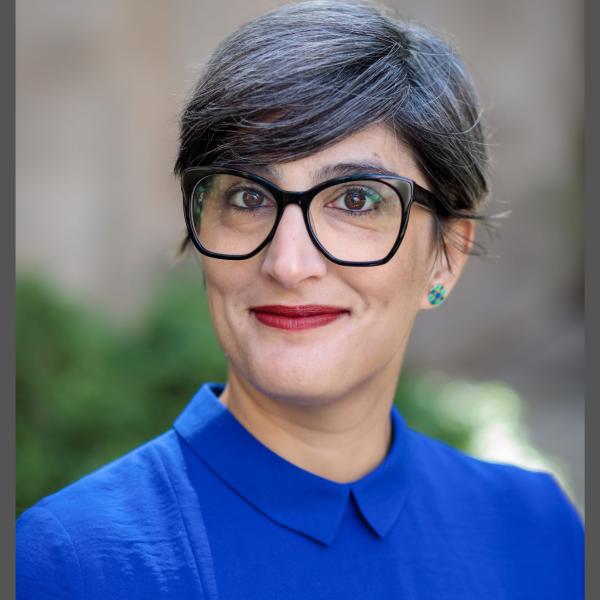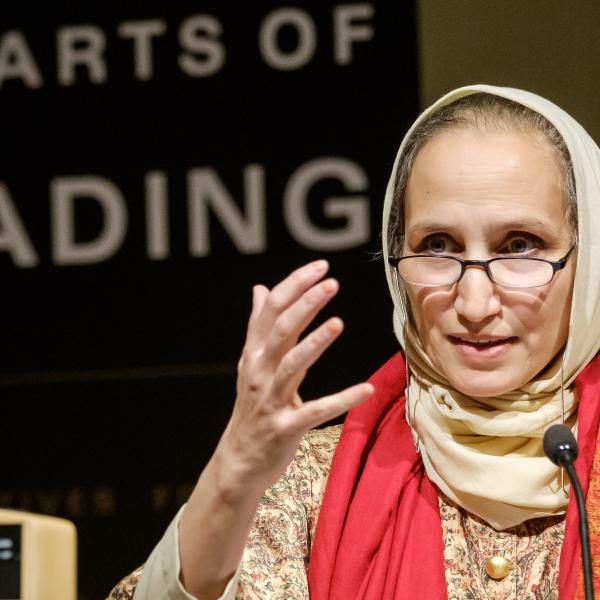
Islamic Thought examines the religious foundations of Muslim thought—the Quran and the Hadith literature—and the engagement of Muslim thinkers with these foundations as well as with other religious and intellectual traditions. The field thus includes the disciplines of Islamic theology, law, exegesis, philosophy, mysticism, and political thought, as well as subjects such as historiography and heresiography. The aim of the training offered in the field of Islamic Thought is to familiarize students with the broad contours of these disciplines, especially in the early and middle periods (1st/7th to 10th/15th centuries), and to enable them to carry out advanced research in a more narrowly defined area of specialization. There is great emphasis in both coursework and research on the extensive use of original sources.
The program requires a major language concentration in Arabic and a second-year competence in a second language with important documents relating to Islamic thought. Possible major fields of study are: Islamic Theology, Sectarianism and Heresiography, Early Islamic Intellectual History, Islamic Political Thought, Qur'anic and Exegetical Studies, Classical Arabic Prose and Islamic Thought, Islamic Civilization in the 4th/10th century.




